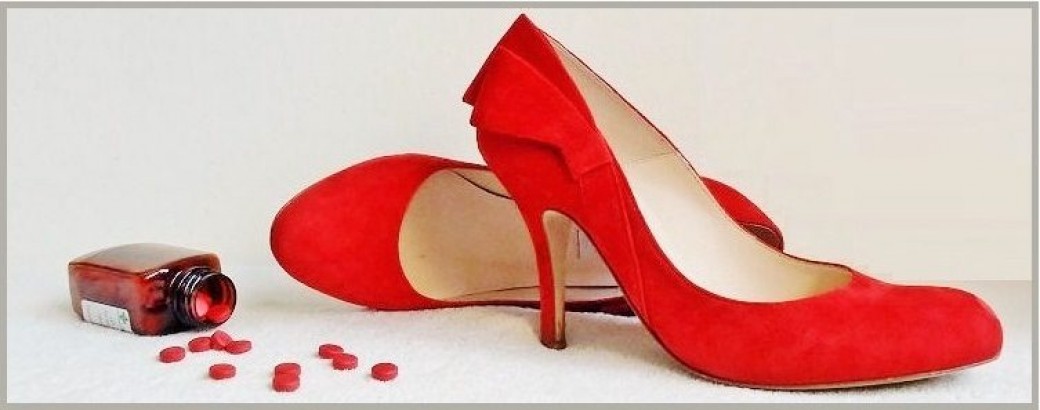Unless you’ve been in Siberia for the last few years, you’ll know that publishing has changed with the rise of self-publishing. Indie authors, self-published authors, author-publishers – call them what you will. Their distinguishing feature is that their books bypass mainstream publishing houses.
Some publish themselves in the strict sense of the word, while others use small publishing outfits. What are they like? 
A number are hybrids like me: my non-fiction is traditionally published for good reasons. I can’t see a textbook for medical students gaining much traction without the backing of educational big guns like Wiley-Blackwell. On the other hand, I’m very happy self-publishing my fiction like my novel One Night at the Jacaranda.
One thing to make clear: self-publishing is not vanity publishing, where someone is so desperate to appear in print that they exchange a fat cheque and an unreadable MS for a garage full of books nobody wants to buy. 
Authors go the indie route for various motives. Most often there’s the desire to have full control over their work: the cover, the blurb, the price, the royalty rate, the timing of publication and so on. As Orna Ross, director of the Alliance of Independent Authors (ALLi), says, indie authors “see themselves as the creative director of their books, from inspiration to publication.”

Orna Ross at London Book Fair 2014
When you read a book by an indie author, you’re getting what the writer intended. If you’ve never come across a book by an author-publisher, you’re probably thinking “What, typos and all?”
No, of course not. That’s because ‘self-publishing’ is something of a misnomer – it takes a team to make a book the best it can be.
You can self-publish all on your own without spending a cent, but you need a bit more to produce a quality product fit for discerning readers (and your English teacher from college).
If you haven’t come across any of the 18m self-published books bought in the UK last year, you may still be thinking of indie-authored fare as pale imitations of ‘proper’ books.
Like, say, a cut-price Ian McEwan or a downmarket version of a Julian Barnes. Or maybe a Maggie O’Farrell with spelling mistakes. A Ruth Rendell minus the mystery. Gone Girl without any suspense. Perhaps even Jeanette Winterson with random capitals and grocers’ apostrophes. You know the type: potatoe’s, lettuce’s, Orange’s aRE Not The Only FRuit.  As it happens, more than one commentator describes the indie scene as a literary farmers’ market (see posts by JJ Marsh and Lynne Pardoe.
As it happens, more than one commentator describes the indie scene as a literary farmers’ market (see posts by JJ Marsh and Lynne Pardoe.
Tesco they’re not. These authors are individuals and they provide fare you can’t easily find elsewhere.
So it’s tough to generalise about what they’re like. Indies are poets, thriller writers, romantic novelists, and a lot more, but some things unite them.

Jane Davis’ novel ‘I Stopped Time’
- Their books may defy genre, which is one reason why they may not sit well in a supermarket. You’ll see what I mean if you check out the work of Dan Holloway, Orna Ross, Rohan Quine or Alison Morton).
- Author-publishers relish the control they have over their own work. They may have turned indie after their publisher insisted on changing the title of their book, or made the titling pink and loopy to shoe-horn it onto the chick-lit shelf.
- They know readers deserve first-rate content and presentation, so they’re increasingly professional. The best author-published books are on a par with high-end products from big publishers. And many of them have accolades that say so.
- That’s because they take it on themselves to produce books with care, but they do so with the help of editors, designers, beta-readers and so on. No author, even an indie author, is an island.
- As you might have guessed by now, they’re not all sitting by the phone waiting for one of the Big Six to call. But indies aren’t all fed up with traditional publishing either.
- Most write for love. Indie authorship is not a get-rich-quick scheme, though some have done spectacularly well.
I think all this choice makes it a very exciting time to be a reader.
So, what are indie authors like? Come and see. You’ll find about 40 of them at the Indie Author Fair in Chorleywood, Herts on November 16.

You may also like to read this informative book from the Alliance of Independent Authors which gives a great overview: Opening Up to Indie Authors.
















